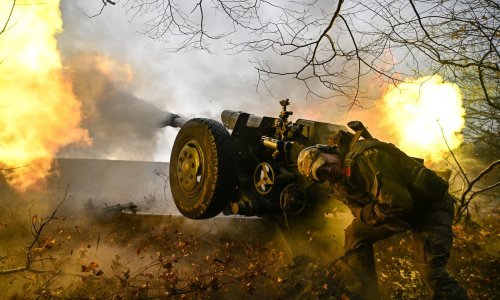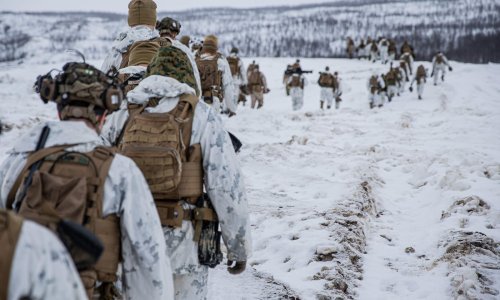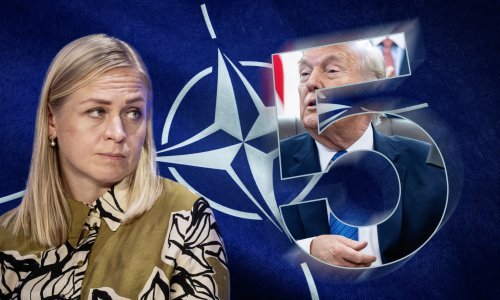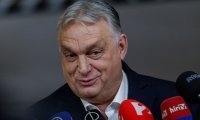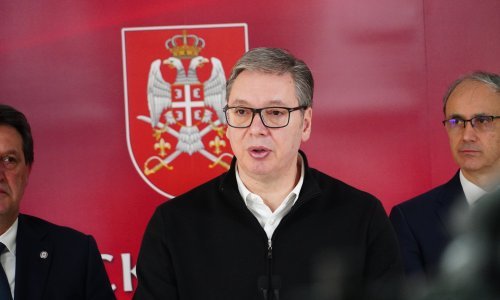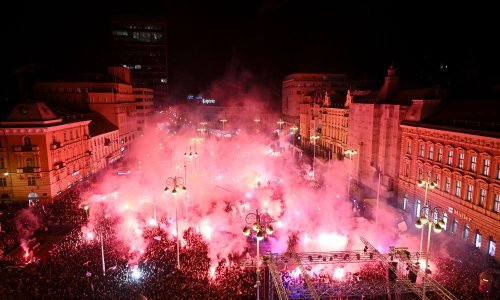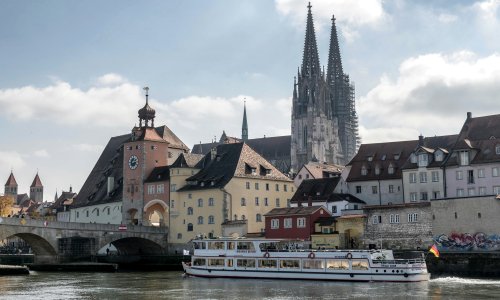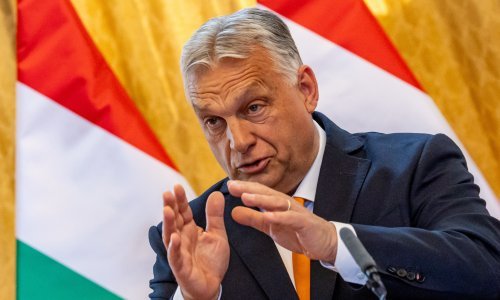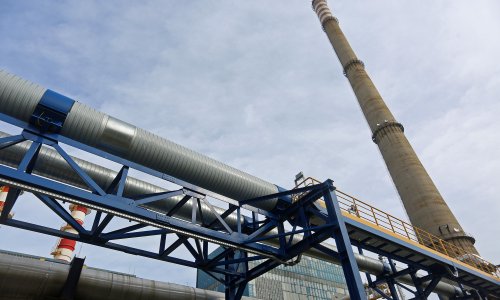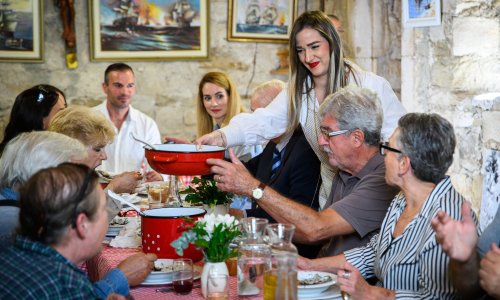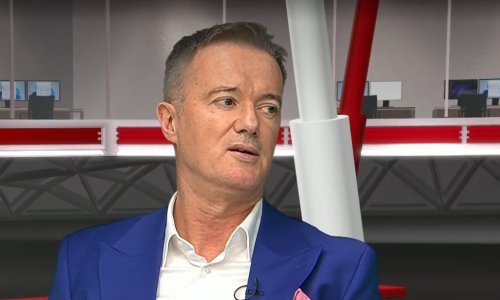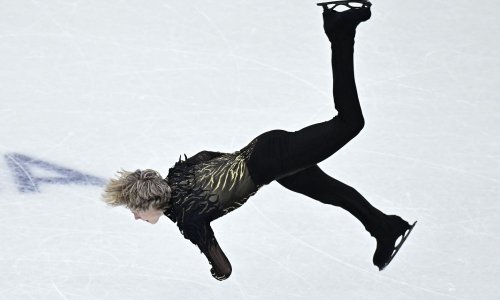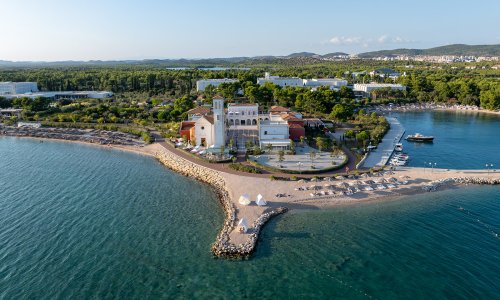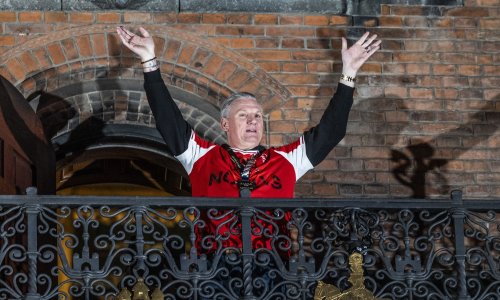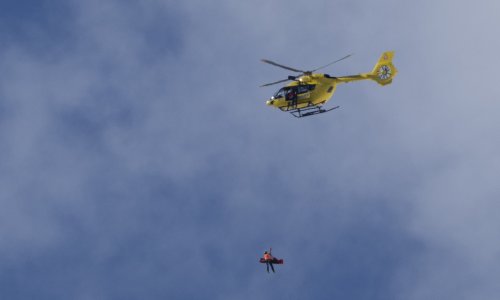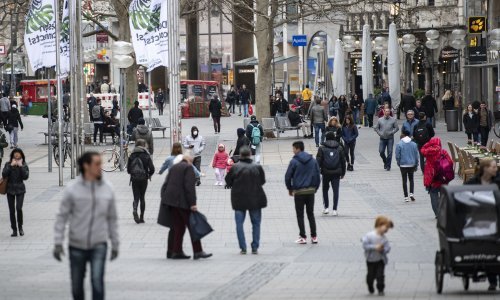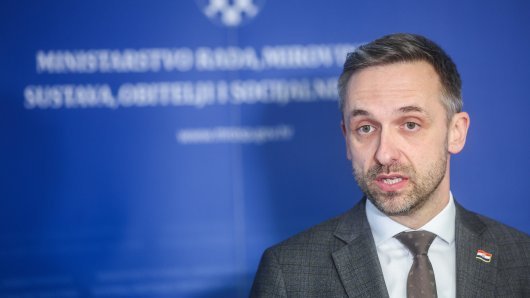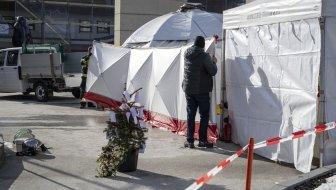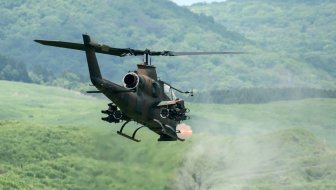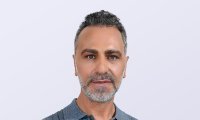Croatian President Ivo Josipovic said on Thursday in his speech at the summit of the Organisation for Security and Cooperation in Europe (OSCE) in the Kazakh capital Astana that it was the right time for the OSCE to face up to new challenges, calling on participants in the summit to set a new course for the future and define the OSCE's role".
"Croatia shares the view that the time is right to face up to new challenges and we, heads of state and government of participating states, have a great responsibility today in Astana to chart a new course for the future and determine the OSCE role," Josipovic said in his address.
The Croatian President also talked about the past decades, recalling the tragic war in the area of the former Yugoslavia, crises in the former Soviet republics, such as separatism in Moldova, the Nagorno-Karabakh dispute between Armenia and Azerbaijan, and problems in Georgia.
"However, our European continent today is, in the broadest sense of the word, different, it is more secure and more prosperous. 56 countries (OSCE members) are the fruit of the new political reality. Their aspirations can be reduced to one common denominator - they wish peace, security and stability, the ability to develop their economies and establish links in the globalised world bringing major innovations but also imposing new challenges, bringing new dangers and threats," Josipovic said.
The Croatian president recalled the recent important meetings in Lisbon - the NATO Summit and the NATO-Russian Federation Summit. He stressed that those meetings produced a new NATO Strategic Concept and an offer of partnership relations and cooperation with the Russian Federation in a number of areas.
"It is only natural that the OSCE too be part of such a political project, all the more so because it has, over the last 35 years of its existence, developed a comprehensive concept of security as well as principles, rules and commitments that can also serve on our path after Astana," Josipovic said.
The concept of "security community" represents a political and security framework for Euro-Atlantic and Euro-Asian security as well as for the Euro-Mediterranean component that should be further developed, he stressed. "All of us should aspire to this objective – build a community where there will be no lines of division, no differing security levels and where the threat or use of force will be unthinkable," said Josipovic.
"This is a very noble task. Nevertheless, this objective is equally challenging. In this process, all participants – both large and small, who are associated through international organisations, must give their contribution in the interest of increased security and stability in our area. Their interests and visions need to be drawn closer together, paving the way for cooperation, resolution of outstanding issues, and narrowing down the space for policies focused on preserving their spheres of influence. We must act, jointly and individually, in all countries, never forgetting that our guideline are the interests of the individual, his freedom, his human and democratic rights, which must not be jeopardised."
Croatia believes that the development of security community starts on one's own territory and, in the first place, through the development of good neighbourly relations in our part of the European space, said Josipovic.
"Our policy is active towards all our immediate neighbours and the countries within the region. As a NATO member country and tomorrow an EU member we wish the area of South-East Europe to become more secure, developed and stable, while respecting the borders of all states and their territorial integrity across which people will freely develop their national aspirations and respect other nations and national minorities," he said.





